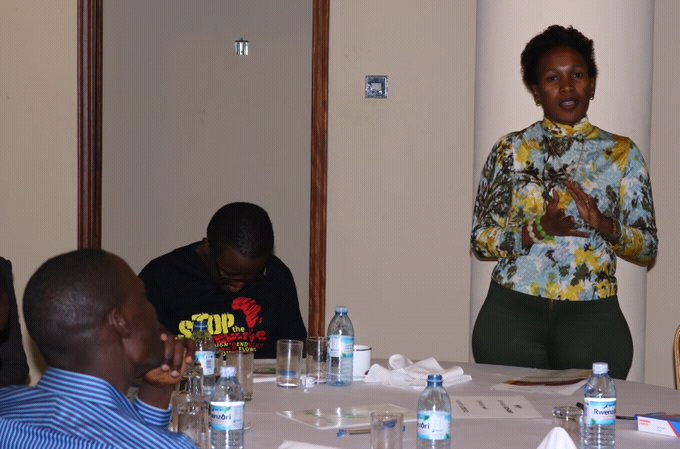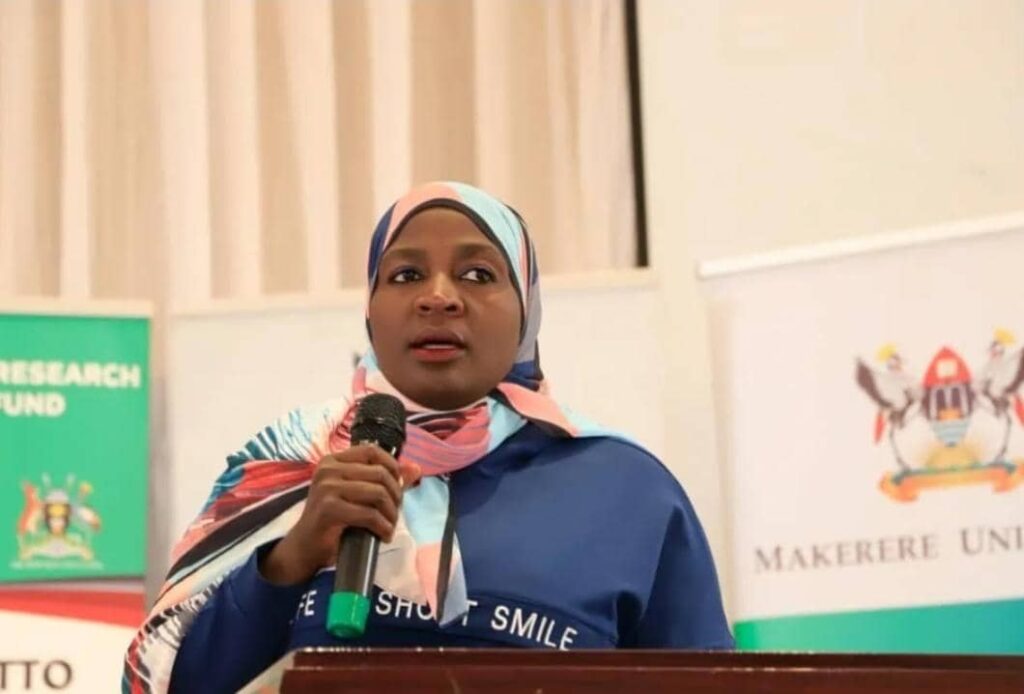Uganda, tax experts and luminaries from various spheres convened via Zoom to herald a clarion call for unprecedented international cooperation in the realm of taxation.
This was during a groundbreaking gathering convened by the Southern and Eastern Africa Trade Information and Negotiations Institute (SEATINI)
Dr. Farzana Sharmin, a distinguished figure representing the United Nations Economic Commission for Africa, delivered an impassioned plea for an inclusive tax system.
“We must strive for inclusivity in our tax systems, fostering justice and equity for all,” Dr. Sharmin urged, emphasizing the pressing need for collaborative knowledge and capacity-building among governmental entities, private sectors, development partners, and civil society.
This high-stakes symposium served as a platform to dissect the momentous UN General Assembly’s approval of resolution 77/244, titled “Promotion of Inclusive and Effective International Tax Cooperation.”
This watershed resolution, ardently championed by the Africa Group, has been lauded as a pivotal milestone in reshaping global tax governance.
Experts unanimously heralded this resolution as an epochal moment, one that marks a seismic shift in the intricate landscape of international tax cooperation.
Regina Navuga, the astute Programme Coordinator for Financing for Development at SEATINI, underlined the imperativeness of ensuring the continued relevance and efficacy of the UN Framework Convention on International Tax Cooperation.
The crux of this momentous resolution centers on rectifying the imbalances within existing frameworks, particularly amplifying the voices of developing countries and those facing unique challenges.
“We must ensure equity and fairness in shaping the evolving international tax system,” stated Jolly Mutesi Uhiriwe, a distinguished tax lawyer from the Uganda Revenue Authority.
Echoing these sentiments, Trevor Lukanga, a senior manager in the International Tax Practice of PwC Uganda, stressed the indispensable tenets of inclusivity and fairness as the bedrock of the evolving international tax architecture.
“Collaboration between the private sector and governments is imperative,” Lukanga proclaimed, underscoring the paramount importance of evolving international law.
Fred Muhumuza, an esteemed senior economist, shed light on the burgeoning emergence of online businesses, urging closer collaboration between tax authorities, the private sector, and experts to craft robust strategies for integrating these entities into the tax fold.
“As we endeavor to fortify our tax systems, introspection is key,” Muhumuza asserted, emphasizing the criticality of discerning global shifts and adeptly adapting to these transformative changes.
The symposium concluded with a resounding call to action: nations, including Uganda, must engage in rigorous introspection to ensure a comprehensive taxation system that targets all entities that ought to contribute.
As the global business milieu evolves, adaptation and agility are the watchwords in ensuring fiscal equity and stability in an ever-transforming world.
Do you have a story in your community or an opinion to share with us: Email us at Submit an Article









